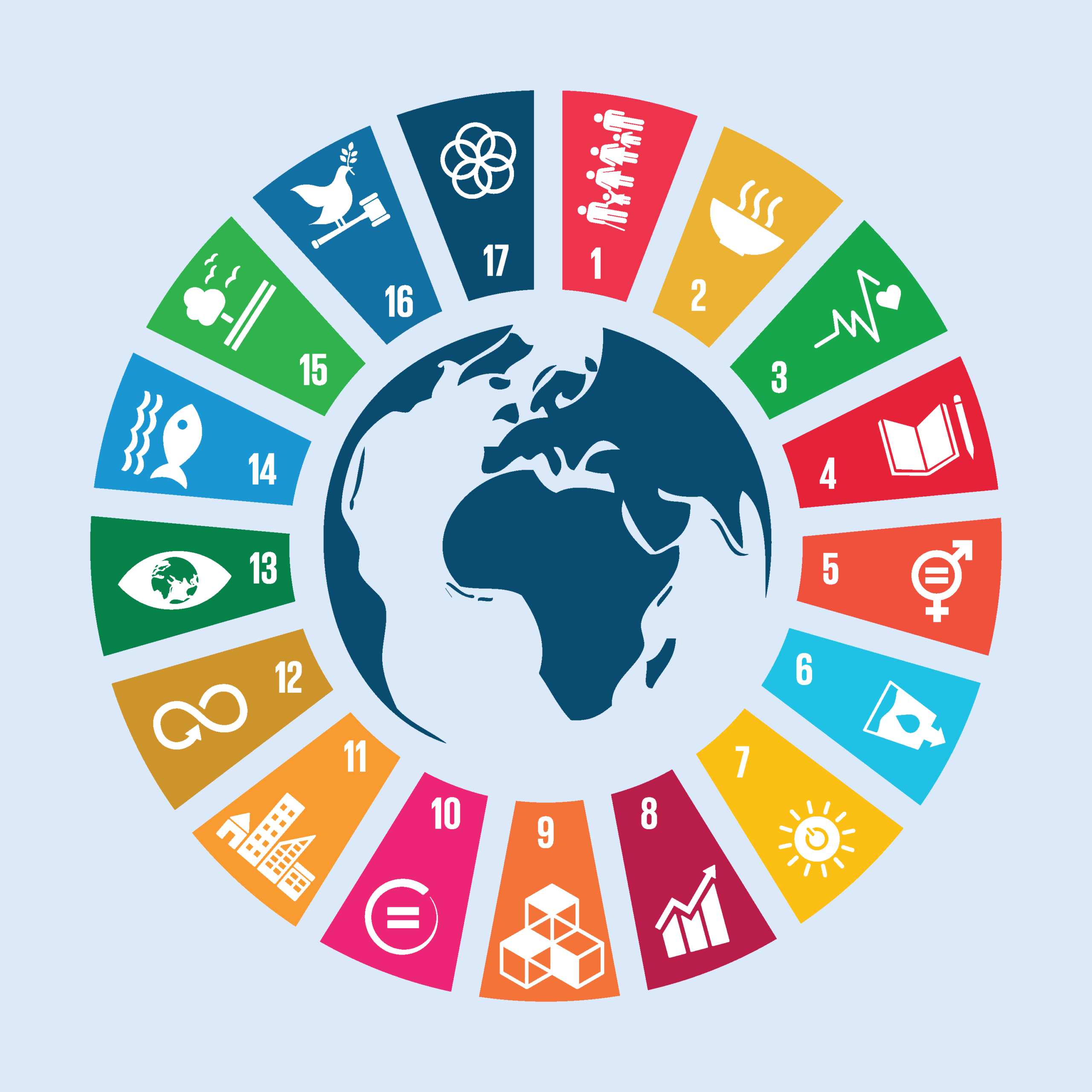The global community faces immense challenges, from eradicating poverty and hunger to promoting economic growth and combating climate change. To address these pressing issues, the United Nations (UN) introduced the Sustainable Development Goals (SDGs) in 2015. Simultaneously, the African Union launched the African Continental Free Trade Area (AFCFTA) with the aim of fostering regional integration and economic transformation. In this article, we explore the inherent connection between the UN SDGs and the AFCFTA Agenda, highlighting how their alignment can accelerate sustainable development and foster global cooperation.
- Combating Poverty and Promoting Economic Growth: SDG 1 (No Poverty) and SDG 8 (Decent Work and Economic Growth) align closely with the AFCFTA’s goals. By promoting intra-African trade, the AFCFTA can contribute to poverty reduction and economic empowerment by creating employment opportunities, fostering entrepreneurship, and stimulating economic growth. By facilitating market access and enhancing trade capacities, the AFCFTA can drive sustainable economic development and reduce income inequality across the continent.
- Ensuring Food Security and Promoting Agricultural Sustainability: SDG 2 (Zero Hunger) and SDG 12 (Responsible Consumption and Production) intersect with the AFCFTA’s objectives of boosting agricultural productivity and facilitating the movement of agricultural products across African borders. The AFCFTA can promote sustainable agricultural practices, improve food security, and enhance value chains through increased trade in agricultural goods. By implementing harmonized standards and regulations, the AFCFTA can foster responsible production and consumption patterns, minimizing food waste and promoting sustainable resource management.
- Advancing Gender Equality and Empowering Women: SDG 5 (Gender Equality) and SDG 9 (Industry, Innovation, and Infrastructure) align with the AFCFTA’s commitment to inclusivity and gender empowerment. The AFCFTA provides opportunities for women entrepreneurs and business owners to access regional markets, expand their enterprises, and contribute to economic growth. By removing barriers and creating an enabling environment for women’s participation in trade, the AFCFTA can accelerate progress towards gender equality and empower women as drivers of sustainable development.
- Promoting Sustainable Industrialization and Innovation: SDG 9 (Industry, Innovation, and Infrastructure) and SDG 13 (Climate Action) intersect with the AFCFTA’s agenda to promote industrialization, innovation, and sustainable practices. The AFCFTA can facilitate technology transfer, encourage investments in renewable energy, and promote sustainable infrastructure development. By aligning trade policies with environmental objectives, the AFCFTA can drive the adoption of clean technologies, reduce carbon emissions, and contribute to the fight against climate change.
- Strengthening Partnerships for Sustainable Development: SDG 17 (Partnerships for the Goals) is at the core of both the UN SDGs and the AFCFTA. The AFCFTA provides a platform for regional and international collaboration, promoting cooperation among African countries, regional economic communities, and development partners. By fostering partnerships between governments, private sector entities, civil society organizations, and international institutions, the AFCFTA can leverage resources, knowledge, and expertise to achieve sustainable development outcomes aligned with the SDGs.
To conclude, the United Nations SDGs and the AFCFTA Agenda share a common vision of advancing sustainable development and global cooperation. By harnessing the power of regional integration, the AFCFTA can contribute significantly to the achievement of the SDGs in Africa. It has the potential to drive economic growth, reduce poverty, promote gender equality, enhance agricultural sustainability, foster industrialization, and strengthen partnerships. Embracing the synergies between the SDGs and the AFCFTA, African nations can build a prosperous, inclusive, and sustainable future for the continent while making significant contributions to global development efforts.
Written by: Peter Edem Adetor – AfCFTA SME & Trade Advisor




